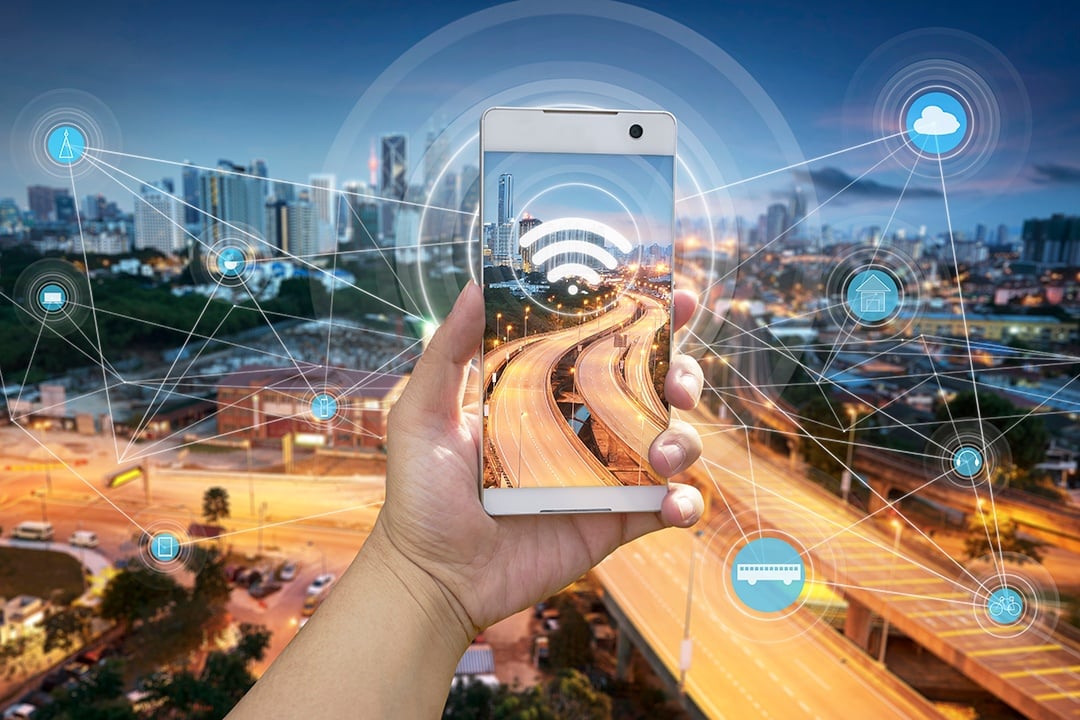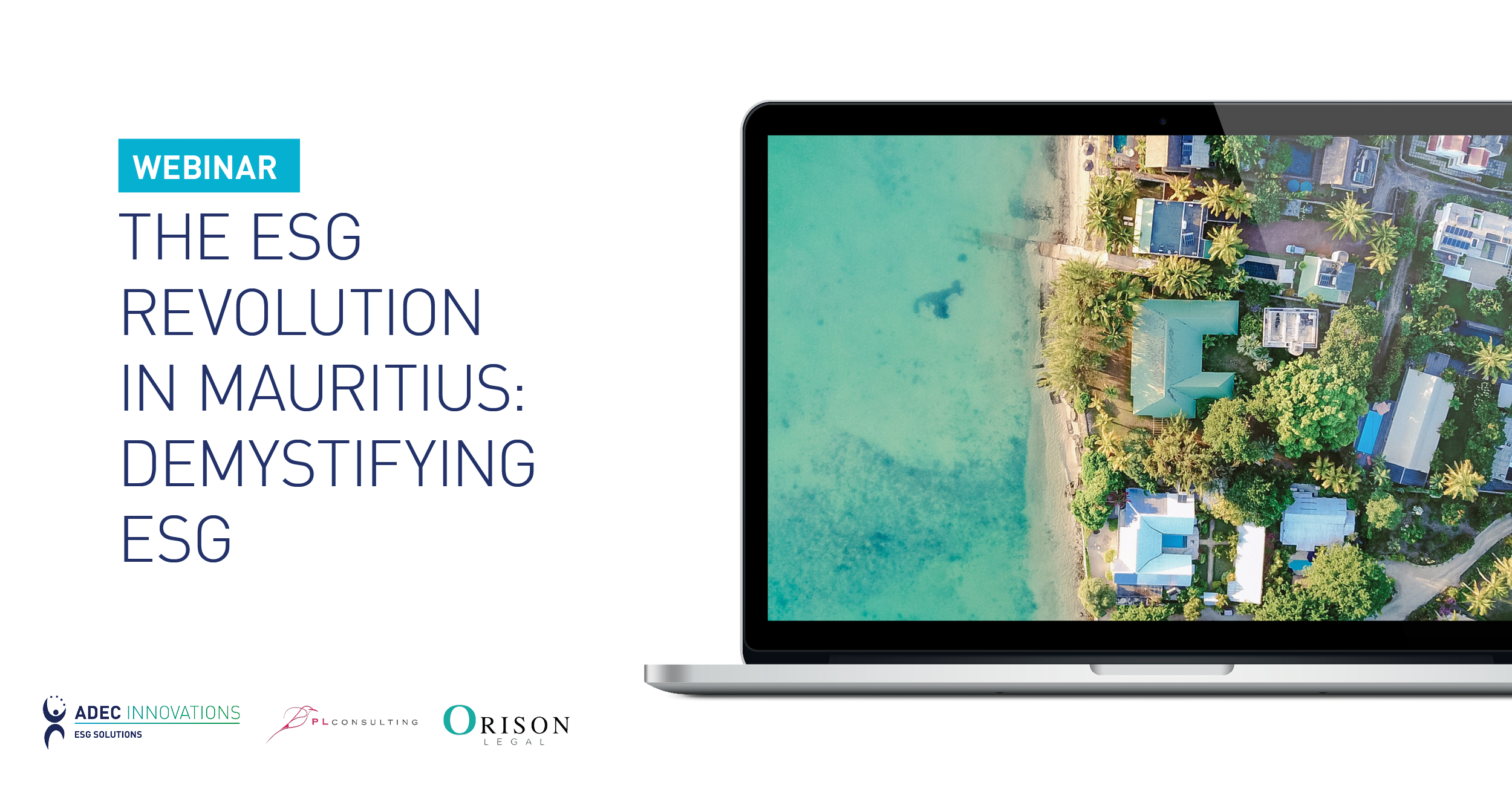The Role of Technology in the UN SDGs, Part Two
The spread of information and communications technology and global interconnectedness has great potential to accelerate human progress, to bridge the digital divide and to develop knowledge societies.

By Megan Crawford
June 6, 2017
The spread of information and communications technology and global interconnectedness has great potential to accelerate human progress, to bridge the digital divide and to develop knowledge societies.
In Part One of our two-article series, we provided an overview of the role of Information and Communications Technology (ICT) in 8 of the 17 Sustainable Development Goals (SDGs). Here, we examine the importance of ICT as it relates to the remaining SDGs.
“How Information and Communications Technology Can Accelerate Action on the Sustainable Development Goals,” a joint report by Ericsson and the Earth Institute, presents the possible role of ICT in each of the SDGs. Here is a list of SDGs 9 to 17 and how ICT plays a part in advancing them:
SDG 9: Build resilient infrastructure, promote sustainable and inclusive industrialization, and foster innovation
ICTs play an essential role in achieving the three paths of SDG 9, especially for emerging information and knowledge societies. Some contributions of ICT are open access to academic research, transparency to make informed decisions, and platforms for online collaboration for co-creation, learning and work.
SDG 10: Reduce inequality
By increasing access to information and knowledge, ICT helps reduce inequality within and among countries. This facilitates social and economic progress, even to disadvantaged segments of society, such as persons with disabilities.
SDG 11: Make cities inclusive, safe, resilient and sustainable
ICT offers cities innovative infrastructure and applications, such as smart buildings, smart water management, intelligent transport systems, and efficiencies in energy and resource waste management. These lead to a more effective and holistic city management.
SDG 12: Sustainable consumption and production patterns
SDG 12 becomes more viable with ICT innovations and applications such as product-specific improvements, increased dematerialization and virtualization and smart technologies for sectors such as agriculture, transportation, energy, supply chain management and smart buildings.
SDG 13: Urgent action to combat climate change and its impacts
Smart ICT applications for energy, transport and buildings, manufacturing, smart services and agriculture and urbanization help meet the challenge of responding correctly to climate change. For instance, ICT can optimize value chains and reduce resource usage, waste and emissions. It provides the means to foster resilience and climate adaptation, such as real-time weather information updates.
SDG 14: Conserve and sustainably use oceans, seas and marine resources
ICT helps achieve marine conservation and sustainability, especially in the world’s oceans, through satellite monitoring. Big data can be used to analyze biodiversity, pollution, weather and ecosystem evolution to help plan mitigation and adaptation strategies.
SDG 15: Protect, restore and promote sustainable use of terrestrial ecosystems, sustainably manage forests, combat desertification, and halt and reverse land degradation and biodiversity loss
ICT makes improved monitoring and reporting possible for the conservation and sustainable use of land, as well as preventing biodiversity loss. This includes the use of big data to analyze short- and long-term trends and to plan mitigation strategies. Sensors, data collection and analysis also help in land restoration.
SDG 16: Peace, justice and strong institutions
ICT assists in crisis management and peace building through powerful tools such as electoral monitoring. The use of open data increases transparency, empowers citizens and drives economic growth.
SDG 17: Strengthen the means of implementation and global partnerships for development
ICT is capable of strengthening the means of implementation for the SDGs by fostering international cooperation and coordination, promoting technology transfer and capacity building, strengthening multi-stakeholder partnerships, and enabling data monitoring and accountability.
Information and Communications Technology (ICT) serves as a support structure for all of the 17 Sustainable Development Goals (SDGs), helping bring about their advancement towards meeting targets, especially the universal coverage of basic services in the areas of health, education, finance and energy.
ADEC Innovations is a leading provider of ESG solutions, including fully-integrated industry expertise, software solutions and data management. We help governments and organizations improve performance by recognizing challenges and providing effective solutions. For more information on sustainability practices that promote the UN’s Sustainable Development Goals, read more from our blogs.
Related Articles
ICT, SDGs, Sustainable Development Goals
By Kendal Moir on October 7, 2021
Webinar | Sustainable Development Goals | ESG | sustainable business
By Mary Bean on December 2, 2020
Sustainable Development Goals | Sister Cities International | Business resiliency
By Jessica Wang on March 13, 2018
Sustainability | SDGs | Sustainable Development Goals
Be a sustainability leader.
Our team supports you no matter where you are on your Sustainability Journey. Talk to us today to learn more.




